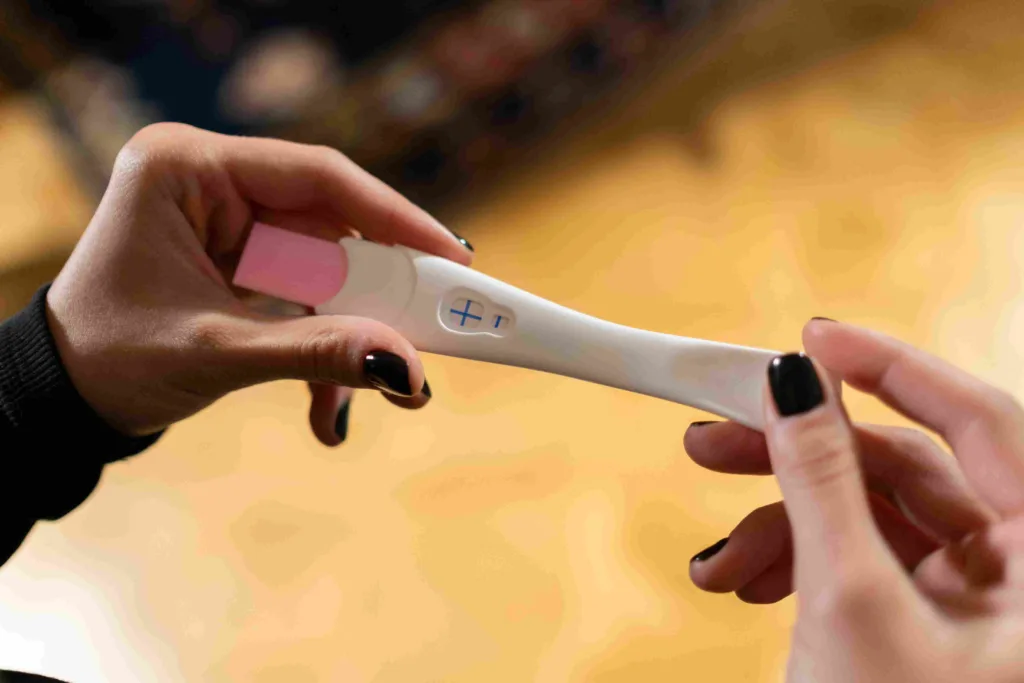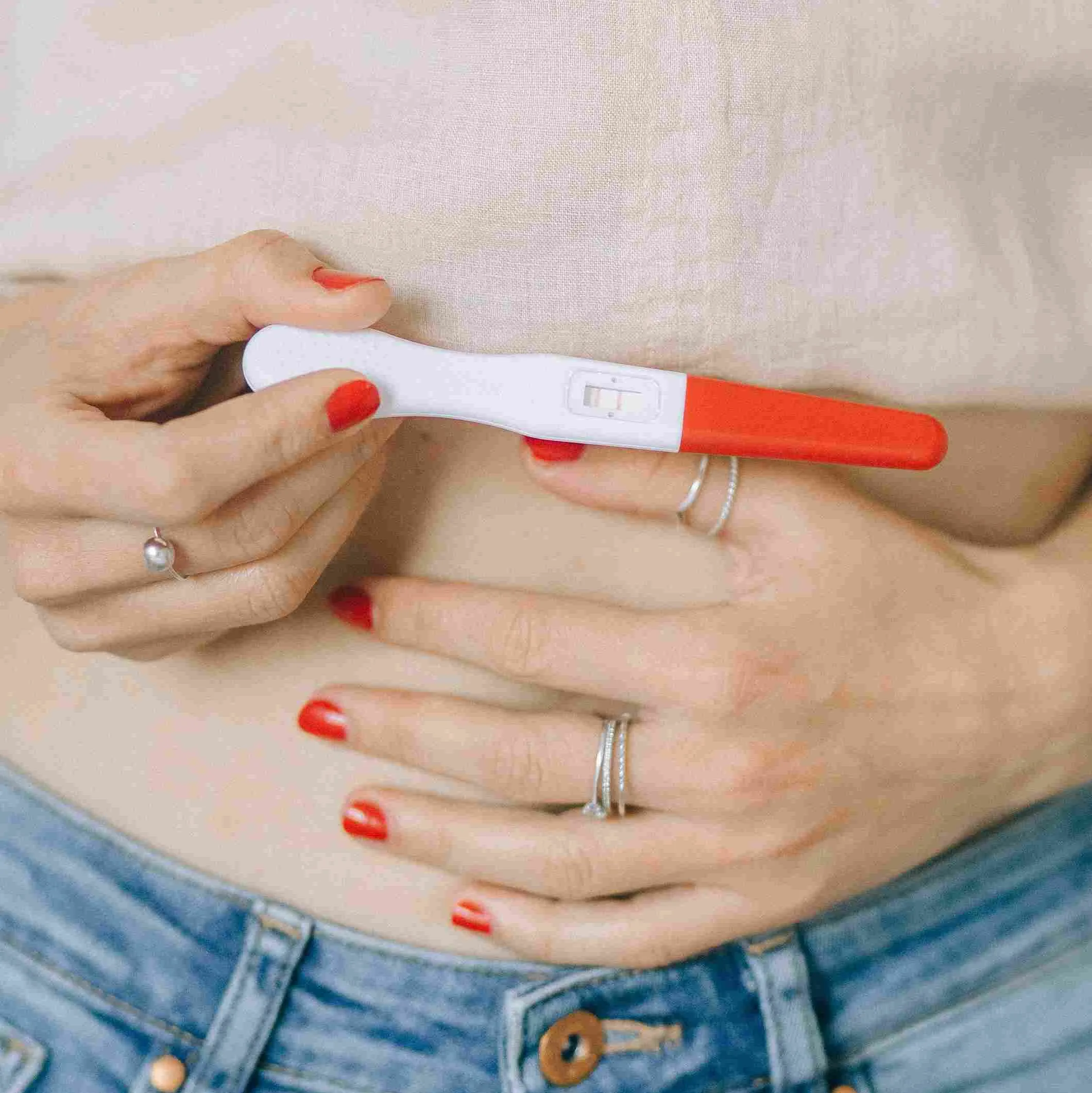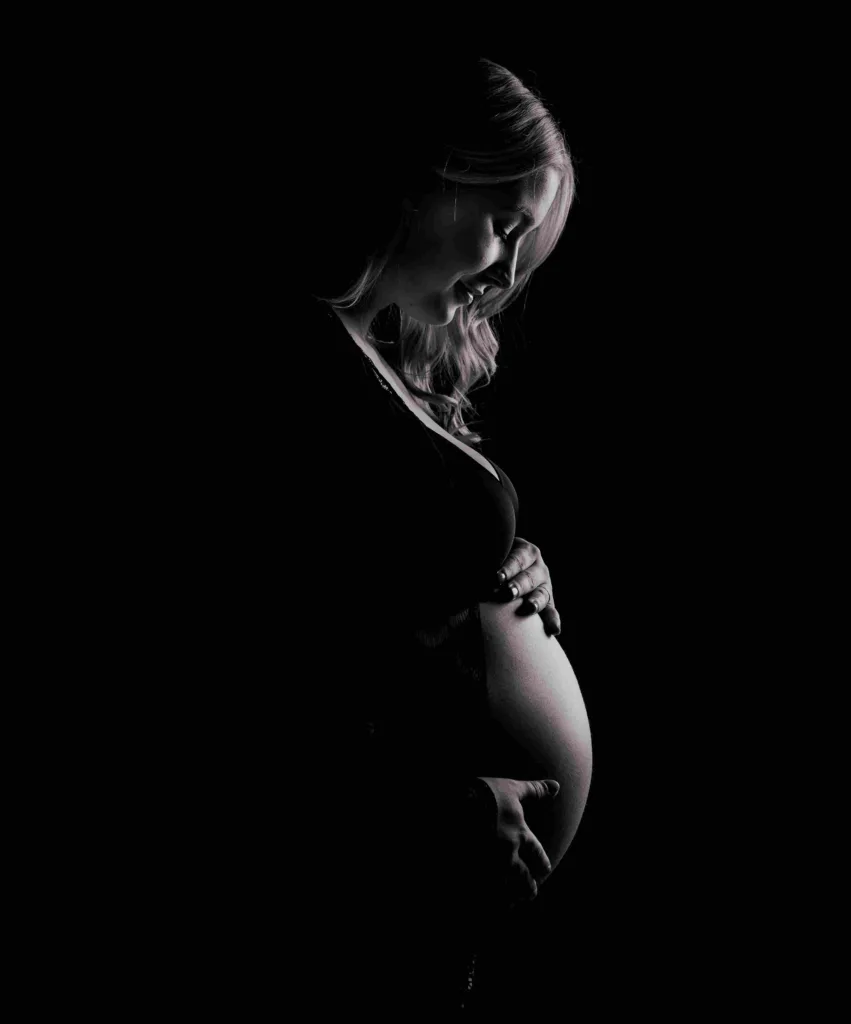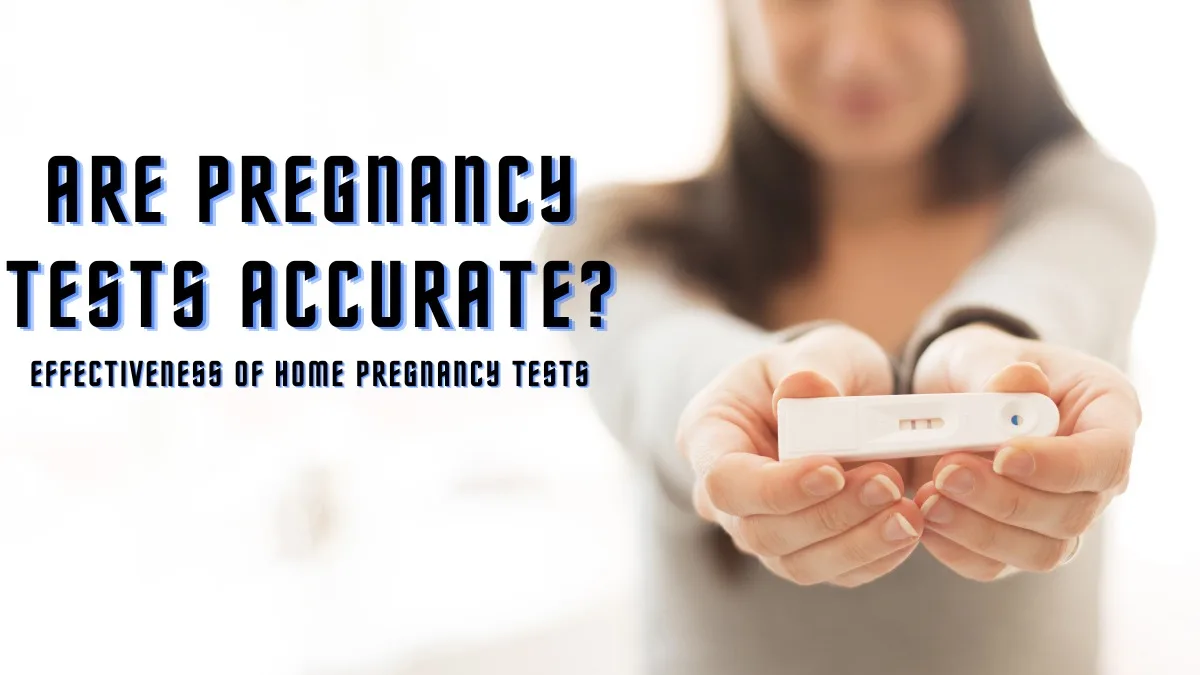Pregnancy tests are medical devices used to detect the presence of the human chorionic gonadotropin (hCG) hormone in urine or blood. This hormone is produced by the placenta shortly after a fertilized egg implants in the uterus and is a reliable indicator of pregnancy. Pregnancy tests are widely available over-the-counter at drugstores and can also be obtained through a healthcare provider.
Accuracy of Pregnancy Tests
The accuracy of pregnancy tests can vary depending on several factors, including the type of test, when the test is taken, and how it is used. The following are some key factors to consider when evaluating the accuracy of pregnancy tests:

Type of test
There are two types of pregnancy tests: urine tests and blood tests. Urine tests are the most common and are available over the counter at drugstores. Blood tests are typically done in a healthcare provider’s office or laboratory. Both types of tests can detect hCG, but blood tests are more sensitive and can detect lower levels of hCG than urine tests. This means that blood tests can detect pregnancy earlier than urine tests, sometimes as early as 6-8 days after ovulation, while urine tests may not be accurate until several days after a missed period.
Timing of the test
The timing of the test is also an important factor in its accuracy. Most urine pregnancy tests recommend testing after a missed period, although some tests claim to be able to detect pregnancy earlier. If a test is taken too early, before the levels of hCG have risen sufficiently, it may produce a false negative result. It is also possible to get a false positive result if the test is taken too late after a pregnancy has ended, or if the woman is taking certain medications that can cause a false positive.
Method of testing
The accuracy of a pregnancy test also depends on how it is used. It is important to follow the instructions carefully and to use the test correctly. Improper use, such as not waiting long enough to read the results or diluting the urine with too much water, can lead to inaccurate results. It is also important to use a high-quality test and to check the expiration date before using it.

Accuracy of Specific Tests
There are many different brands of pregnancy tests available on the market, and the accuracy of each test can vary. The followings are some common brands of pregnancy tests and their reported accuracy rates:
- Clearblue Digital Pregnancy Test: This test claims to be over 99% accurate in detecting pregnancy from the day of a woman’s expected period.
- First Response Early Result Pregnancy Test: This test claims to be able to detect pregnancy up to 6 days before a missed period, with an accuracy rate of over 99%.
- EPT Pregnancy Test: This test claims to be over 99% accurate in detecting pregnancy from the day of a woman’s expected period.
- Accu-Clear Pregnancy Test: This test claims to be over 99% accurate in detecting pregnancy from the day of a woman’s expected period.
False Positive and False Negative Results
While pregnancy tests are generally very accurate, there is still a possibility of getting a false positive or false negative result. A false positive result occurs when a test indicates that a woman is pregnant when she is not. This can happen if a woman is taking certain medications, such as fertility drugs, that contain hCG, or if the test is read incorrectly. A false negative result occurs when a test indicates that a woman is not pregnant when she actually is. This can happen if the test is taken too early, before hCG levels have risen sufficiently, or if the test is not used correctly.

Factors Affecting Accuracy
There are several factors that can affect the accuracy of a pregnancy test. These include:
- Timing of the test: As mentioned earlier, taking a pregnancy test too early can lead to a false negative result, while taking a test too late can lead to a false positive result. It is important to follow the instructions on the test and wait until the recommended time has passed before reading the results.
- Medications: Certain medications can affect the accuracy of a pregnancy test. Fertility drugs, for example, can contain hCG and may lead to a false positive result. Similarly, medications that contain progesterone, such as birth control pills, can affect hCG levels and lead to inaccurate results.
- Medical conditions: Certain medical conditions, such as ovarian cysts and certain types of cancer, can cause elevated levels of hCG and lead to a false positive result. It is important to discuss any medical conditions with a healthcare provider before taking a pregnancy test.
- User error: Improper use of a pregnancy test can also lead to inaccurate results. It is important to carefully follow the instructions on the test and to use the test correctly. Reading the test too early or too late, diluting the urine with too much water, or using a test that is past its expiration date can all lead to inaccurate results.
What to Do if You Get a Positive or Negative Result?
If a pregnancy test indicates a positive result, it is important to schedule an appointment with a healthcare provider as soon as possible. A positive result on a pregnancy test means that a woman is likely pregnant, and healthcare providers will perform additional tests to confirm the pregnancy and to ensure that the pregnancy is progressing normally.
If a pregnancy test indicates a negative result but a woman still suspects that she may be pregnant, she should wait a few days and take another test. If the second test also indicates a negative result and a woman is still experiencing symptoms of pregnancy, she should schedule an appointment with a healthcare provider to discuss further testing.

Frequently Asked Questions
How soon are pregnancy tests accurate?
1. The accuracy of a pregnancy test depends on the level of hCG in the urine, which increases rapidly after implantation of a fertilized egg in the uterus.
2. Pregnancy tests are typically most accurate when taken after a missed period. This is because the level of hCG in a woman’s urine is usually high enough to be detected by a test at this point.
3. Some pregnancy tests claim to be able to detect pregnancy earlier than a missed period, but their accuracy may vary. For example, some tests may be able to detect hCG levels as early as 6-8 days after ovulation, but their accuracy may be lower at this stage.
4. If you take a pregnancy test before a missed period and get a negative result, it may be worth waiting a few days and taking another test to be sure.
Additionally, if you have any doubts about the accuracy of your test, you can consult a healthcare provider.
How accurate are pregnancy tests before missed periods?
1. Pregnancy tests may be able to detect pregnancy as early as 6-8 days after ovulation, which is usually about a week before a missed period. However, the accuracy of these tests may vary.
2. Some pregnancy tests claim to be more accurate than others at detecting pregnancy before a missed period. For example, some tests may be able to detect lower levels of hCG in a woman’s urine than others.
3. The accuracy of a pregnancy test before a missed period may also depend on how soon after ovulation the test is taken. Taking a test too early may result in a false negative result, even if you are pregnant.
4. If you take a pregnancy test before a missed period and get a negative result, it may be worth waiting a few days and taking another test to be sure. Additionally, if you have any doubts about the accuracy of your test, you can consult a healthcare provider.
How early is a pregnancy test accurate?
1. Most pregnancy tests claim to be accurate as early as the first day of a missed period, which is typically around 14 days after ovulation.
2. Some pregnancy tests may be able to detect pregnancy earlier than a missed period, but their accuracy may vary. Tests that claim to be able to detect pregnancy as early as 6-8 days after ovulation may not be as accurate as tests taken after a missed period.
3. Taking a pregnancy test too early can result in a false negative result, even if you are pregnant. If you are unsure about when to take a pregnancy test or have any doubts about the accuracy of your test, you can consult a healthcare provider.
Conclusion
Overall, pregnancy tests are a reliable way to detect pregnancy, but their accuracy can vary depending on several factors. It is important to follow the instructions on the test carefully and to use the test correctly to ensure accurate results. If a woman suspects that she may be pregnant, it is important to schedule an appointment with a healthcare provider as soon as possible to confirm the pregnancy and to ensure that it is progressing normally. We hope that with the help of our team’s thorough and detailed research, we were successfully able to answer your queries on ‘Are pregnancy tests accurate’?
Disclaimer

The above article titled “Are pregnancy tests accurate” is based on our team’s personal research and study. We are not medical professionals or experts on this topic. The information provided in this content is intended for educational and informational purposes only and should not be considered a substitute for professional medical advice, diagnosis, or treatment. Please consult with your healthcare provider or a qualified medical professional for any questions or concerns regarding pregnancy tests and their accuracy. The use of any information provided in this content is solely at your own risk.
For more tips and advice, you can read more articles on our website. We always come up with thoroughly detailed articles on various topics. Some of them are listed below for your reference:
- Toy Story: Exploring the Importance of Toys for Children
- 10 Advantages of Reading Aloud to Children
- The Impact of Screen Time on Kids’ Development and 5 tips to Balance it
- 5 Common Benefits of Outdoor Play for Kids and How to Encourage It.
- Breastfeeding Positions: The 4 Best Breastfeeding Positions for your Baby
- The Impact of Screen Time on Kids’ Development and 5 tips to Balance it
- Top 10 Fun Fitness Games for Children
